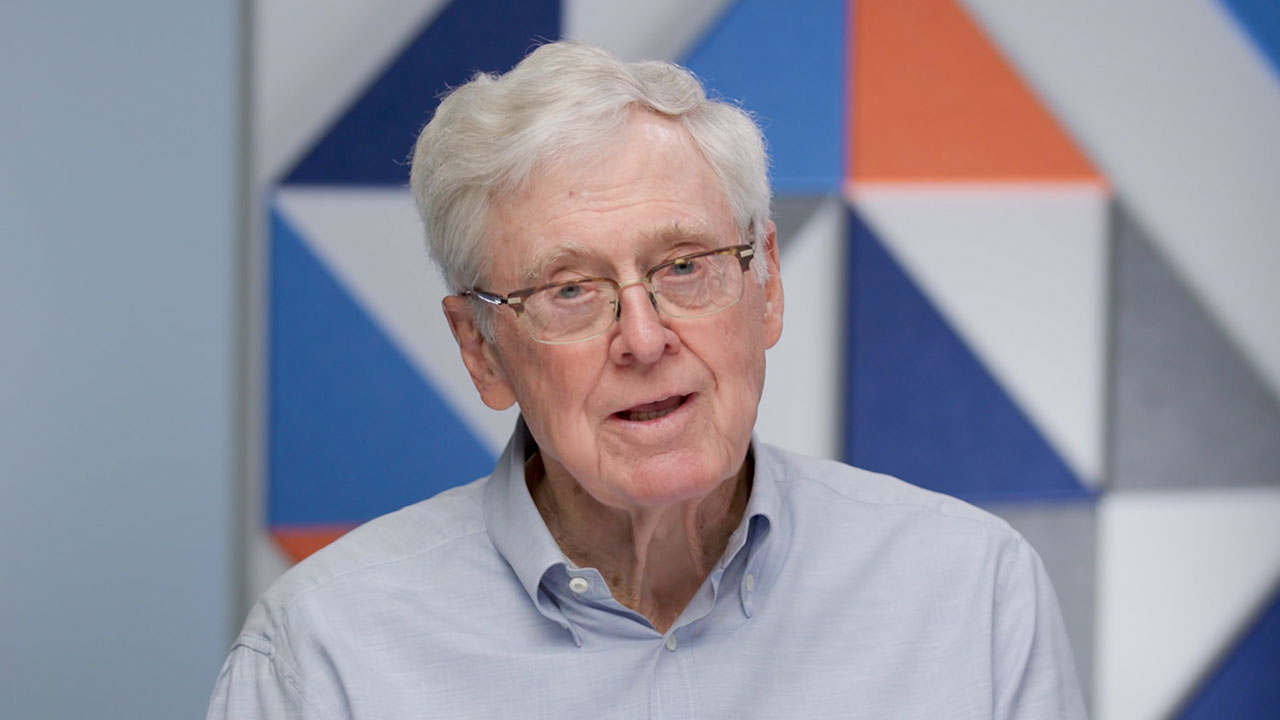原理简述
A paradigm is the shared set of assumptions, theories and methods that guides the work of individuals and groups. All of us have them. Paradigms help us make sense of the world. They shape our approach to problem-solving, innovation and the pursuit of knowledge. They become our “truth” – even when flawed or untrue. A flat earth, witch burning and lobotomies used to be generally accepted paradigms. Thankfully, our understanding has improved and most of our paradigms are better.
Thomas Kuhn, philosopher of science, noted that when most people are faced with a new paradigm, they tend to ignore, deny or even attack the new way of thinking rather than giving it a chance. This is especially true for those who don’t know how to change or have a vested interest – such as a career or reputation built on the current paradigm.
Attacks on those advocating a new paradigm by those wedded to the existing paradigm have always been common. The 17th-century church imprisoned Galileo for suggesting the earth orbited the sun. For decades, 19th-century doctors rejected the new paradigm of germ theory because it implicated their dirty hands as a source of disease transmission and high mortality rates. When Einstein introduced the theory of relativity, it was attacked by the scientific community. Einstein welcomed the criticism and even insisted that his theory pass three tests to be considered valid.
A longstanding paradigm in business is the belief that a top-down approach is best, with leaders dictating how everything should be done. In the early 1990s, when we introduced MBM® to our metal fabrication plant in Italy, the response of the union leaders was: “This might work in the US, but it won’t work in Italy. Here, managers think. Workers work. You’re asking us to do the manager’s job.” Applying MBM there required a paradigm shift.
Following are additional examples of business-related paradigms that are inconsistent with Principle Based Management™:
- Forcing employees into roles they aren’t good at or don’t care about rather than fitting the role to the comparative advantage of each
- Defending rather than challenging the status quo
- Using averages to make decisions rather than applying marginal analysis
- Hiring based on credentials rather than virtue and talents
- Increasing revenue that is unprofitable
Changing paradigms begins by recognizing that something is amiss, such as not getting the results we expected. Our initial reaction tends to be only giving lip service to the needed paradigm shift, to changing the form but not the substance. Thus, it often takes outside intervention to bring about real change, which can mean removing those, including leaders, who are holding back progress.
Understanding the power of paradigms can help us recognize what is hurting results and accelerate the needed transformation. It can open our minds and lead us to recognize the need to always seek better ways of thinking and doing. This requires that we continually challenge our paradigms to ensure that, rather than blinding us to a better way, they enable us to see.
Openness is a simple concept reliant on a system of equal rights that respects the dignity of each person and their right to live as they choose – as long as they do not violate the rights of others. When people are respected, free to choose their own path, and rewarded for the value of their work, they can improve their own circumstances as they contribute to the well-being of others. An open society encourages honest exchanges of knowledge, opinions and ideas while protecting individuals from the threats or force of those who disagree.
Unfortunately, today’s trend is against openness. Differences have become dividing lines, with those who disagree demonized or canceled. More broadly, nationalism and tribalism pit one group against another. Closed-minded people retreat into insular and protectionist groups, reinforcing their own biases and preventing the exploration of different perspectives through civil discourse.
The ancient philosopher Confucius taught that it is “a pleasure to learn,” and that even in a group as small as three, there will always be one from whom we can learn. By embracing openness, we accelerate our rate of learning and improve relationships. Differences become opportunities for productive discussions even in the face of passionate disagreement.
Openness should extend to all interactions with others, including trade. Voluntary exchange – based on mutual benefit – fosters division of labor by comparative advantage and entrepreneurship that lead to a greater diversity of art, music, food and other goods and services that enrich people’s lives. Protectionist barriers to exchange, whether within or among nations, create closed systems that stifle innovation and value creation. As Frederic Bastiat observed: “When goods don’t cross borders, soldiers will.”
At Koch, we recognize the vital role of openness in bringing about progress. Innovation flourishes when we encourage the free flow of ideas, well-designed experiments, challenge and building knowledge networks. Employees learn more and make better decisions when they seek out diverse points of view and are open to feedback about how they can improve. They help others do the same when they share their ideas and suggest different approaches. If we are open, we recognize that no matter how well we have been doing, we can always do better. Openness helps us overcome entropy in society, our organizations and our lives.
更好地理解它
例子
改变范式需要刻意的努力。 以下示例说明了更改范式所涉及的一些具体操作。
- 识别有缺陷的范式
- 做出真正的改变
- 接受持续的帮助
- 销售人员 Ricki 惊讶地告诉她,尽管上个月的销量有所增加,但 Ricki 的许多销售都没有盈利。“Ricki意识到她陷入了专注于收入的陷阱。反过来,她有时会同意对客户有利的条款,但对公司不利。
- Stan 是一个运营单位的主管。设施工程师告诉斯坦,如果他的团队能早点发现小问题,那么大问题就可以避免。在与他的团队交谈后,斯坦意识到他们(包括他自己)有一个“指挥链”或“自上而下”的范式,这导致操作员等待斯坦的指示或批准。
- 在接下来的一个月里,Ricki 与她的主管在每笔新客户交易中密切合作。Ricki 在提出初步建议时考虑到互惠互利,他们一起评估每笔交易,并为每个客户讨论调整和长期战略。Ricki的建议不断改进。
- 在与他的主管、几位工程师和员工交谈后,Stan 为他的团队定义并传达了一种新的范式。他定期指导他的团队,使他们能够主动发现问题,在适当的时候自己解决问题,在需要时寻求他人的帮助,并将 Stan 作为合作伙伴而不是批准者。
- 几个月后,Ricki 不再需要每笔交易的帮助。现在,她的主管提供持续的指导,帮助 Ricki 超越有利可图的交易,发展互惠互利的长期关系。
- Stan 向他的主管和团队成员寻求反馈,以了解他的行为如何影响他们的进步。虽然 Stan 并不总是做对,但他的团队更加积极主动,像对待合作伙伴一样对待 Stan。
试一试
这些原则的力量是通过应用来实现的。申请时学习是无可替代的。
- 反思:你对客户与公司的关系、如何最好地组织要完成的工作、个人发展等事情有什么范式?
- 反思:想想你经常不同意或与之发生冲突的人。你们的范式有什么不同?
- 与足够了解您工作的人交谈,以帮助您确定您当前拥有的范式并与您一起探索它们的有效性。您的范式是否与基于原则的管理一致?
- 在接下来的几天里,选择一两种工作情况,并特别注意工作是如何完成的、同事之间的互动、提出的问题等。你能识别或阐明起作用的范式吗?
- 什么是范式?哪些范式指导着我们团队的工作?
- 我们在哪些工作领域没有得到我们想要的结果?可能需要改变哪些范式才能获得更好的结果?
- 除了没有达到预期的结果之外,范式可能需要改变哪些迹象?
- 你什么时候改变了你的范式?是什么帮助你改变了?您需要克服哪些障碍?
- 在上述原则的简要介绍中,回顾一下与基于原则的管理™不一致的与业务相关的范式列表。我们的业务或团队中是否存在任何范式? 我们如何改变这些范式以与PBM保持一致?
